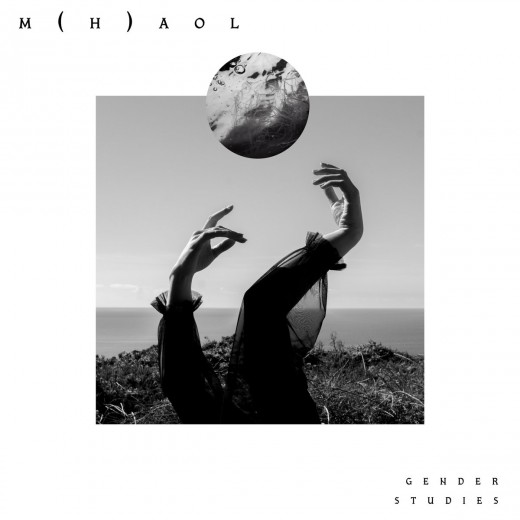
M(h)aol’s intersectional feminist punk fury first entered public consciousness in 2016 with the release of their debut single ‘Clementine’. The song, inspired by Clementine Churchill’s anonymous 1913 letter to the Times in response to anti-suffrage campaigner Almost Wright, saw vocalist Roisin Nic Ghearailt’s flit seamlessly from a heavily affected robotic drone to a passionate wail, pitted against a guest vocal from Gilla Band’s Dara Kiely and murky, industrial guitar scratches. The band were rightly tipped for big things at this early stage.
Then, there was nothing. Five years passed between ‘Clementine’ and its 2021 follow-up, ‘Laundries’, a reflection on one of Ireland’s greatest atrocities. In the years that had passed, the band (Nic Ghearailt, Constance Keane (aka Fears), Zoe Greenway, Sean Nolan and Jamie Hyland) had ended up spread between Dublin, London and Bristol. Owing to this, their latest offering, the Gender Studies EP, was recorded in just three days.
Despite this displacement, the sound and fury have remained firmly intact. Gender Studies is a collection of barbed punk musings that seethe with rage and disillusionment, but which seek to educate. The mood is set on the opening title-track, which takes aim at misogyny and the degradation and dismissal of women’s voices and opinions over minimalistic guitar and bass fuzz. Nic Ghearailt’s vocal delivery exudes exaggerated patience with an all too familiar topic: “Why don’t you study my gender? / Tell me I’m no fun anymore / That I used to bе quiet and pretty / And you liked thе old me more”.
‘Laundries’ appears as the centrepiece in Gender Studies, punctuating the new tracks on either side: ‘Desperation’ and ‘No One Ever Talks to Us’. The former is a cathartic no wave eruption against a toxic partner; the latter is a mediation on the objectification of women. Each track is as confrontational as the last, lyrically and sonically.
The EP closes with a haunting cover of the traditional Irish song, “Óró Sé do Bheatha Bhaile”, which sees guitar feedback soaked in cavernous reverb producing a droning string effect. Likely covered for its reference to the band’s namesake, the historical figure Gráinne Mhaol, its eerie music coupled with lyrics sung as Gaeilge make for an arresting, unsettling listen.
The grinding fuzz of each track on Gender Studies twists and turns beneath the vocals, at times humming like a machine at work, building to a roar in sudden bursts. Pulsating bass and overcharged guitars hiss and groan while minimalist drums keep it all from falling apart. It’s undoubtedly uneasy listening, but with the stories of women lost to violence in this country and abroad haunting the public conscience, it is vital listening too. Danny Kilmartin




